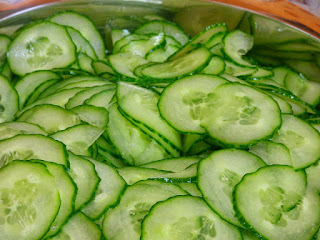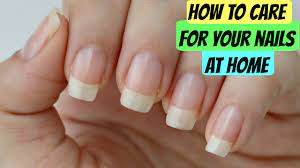Winter skin care tips
Caring for skin during winter takes just a little extra time and effort because the conditions are rather extreme for our tender protective barrier. Skin gets exposed to the elements: cold air whipping wind sun reflecting off snow. Low humidity is common in colder climates stealing moisture from skin every second of every day. And indoors it's blasted with dry heat.
It's no wonder our skin often ends up dry flaky and itchy. And once dryness starts skin can more easily crack and bleed.A woman in a winter coat and hat.
These tips will help you prevent that uncomfortable unsightly result and keep your skin healthy and happy through the winter months.
Keep the moisture you have. The natural oils your skin produces also help protect it and keep it healthy. It's a good idea to avoid long baths and showers and you shouldn't wash your body too frequently either. When you do use warm not hot water. After bathing or showering pat dry and moisturize your damp skin.
Add moisture to your home. To counter the drying effects of indoor heat the i would suggests running a humidifier. You can use a portable or tabletop model or one that integrates with your existing heating system. Moisture in the air will be absorbed by your skin.
Add moisture from the inside out. Increasing your water intake will help hydrate your skin.
Don't forget sunscreen. Just because it's cold outside doesn't mean the sun isn't affecting your skin . The sun reflecting off snow means UV rays are hitting you from additional angles.
Moisturize your skin thoroughly. Switch to an oil-based moisturizer in the winter; your skin will appreciate it. Consider overnight deep moisturizer treatments which can help particularly dry areas like hands feet elbows knees and lips. Cover with cotton gloves and socks to hold the moisture in all night long.
Switch your cleanser. It's a good idea to trade in your current body wash for a more moisturizing hydrating cleanser in winter particularly if your usual choice contains drying ingredients like glycolic or salicylic acid. Tone and moisturize within 30 seconds of finishing cleansing to avoid further dehydration.
Take extra care. Winter skin is more fragile so if you have a skin condition like eczema or psoriasis be sure to avoid any irritants or allergens that you know flare your condition.
1. Take a tablespoon of fresh aloe vera gel and add a few drops of fresh lemon juice. Mix it well and apply it on your dry and patchy skin. This helps soothe your skin and restore its health!
2. Cut a cucumber in half and then grind it to make some pulp. Mix 2 teaspoons of honey with it and make a paste. Apply this on your irritated or red skin to soothe it. Cucumber is known to have a soothing impact on your skin and both the ingredients hydrate and moisturize your skin.
3. Make face mask from honey and cinnamon to cleanse your skin and moisturise it. Mix 2 tablespoons of honey with one teaspoon of cinnamon powder and make a smooth paste for your skin. Leave in on for 20 minutes and then rinse with warm water.
4. You can also use some milk for your skin. Mix 4 tablespoons of milk or 2 tablespoons of milk powder with one tablespoon of honey and half tablespoon of turmeric powder. Add some water if needed and make a paste and avoid lumps. Apply a thin layer on your face and then let it sit for 20 to 25 minutes and rinse with lukewarm water.
5. Papaya is rich in antioxidants and hydrates and soothes your skin. Take some papaya and crush it to make some pulp and mix it with a tablespoon of honey. Mix it well and make a paste. Apply it on your face and neck and let it sit for up to 20 minutes and wash it off with warm water.










